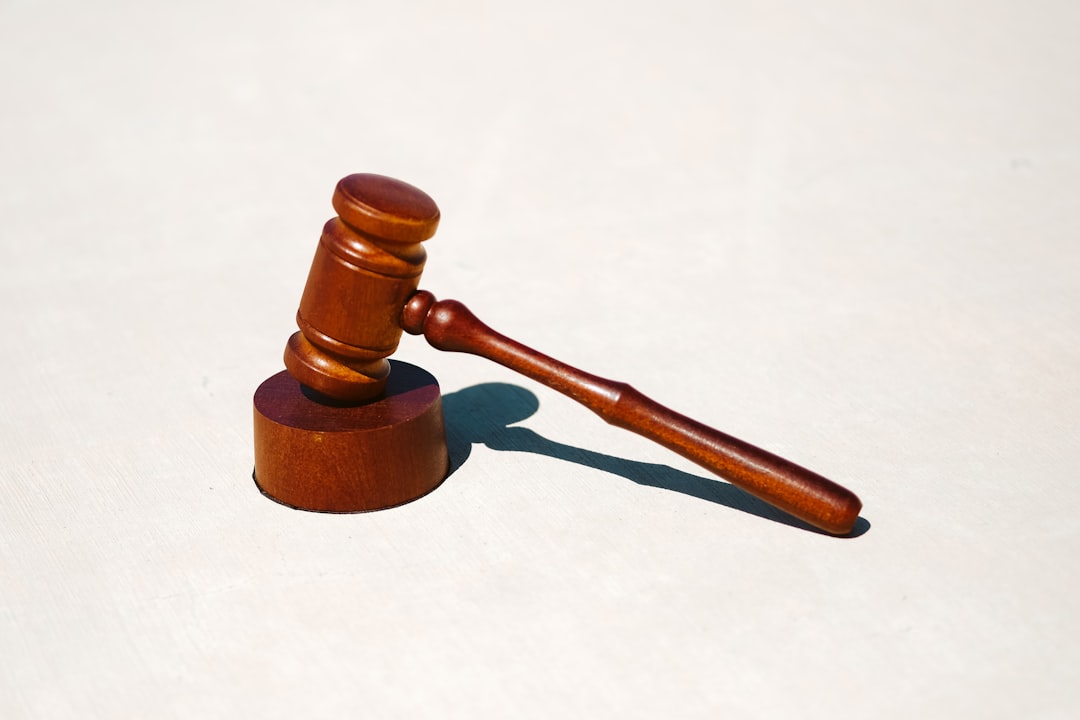Sexual assault lawyers in Maryland play a crucial role in navigating the use of polygraph tests (lie detector tests) in sexual assault cases. These tests gauge truthfulness through physiological responses but are subject to strict regulations due to accuracy debates. Lawyers ensure client rights are protected, especially for victims and accused individuals, while adhering to court standards for admissibility, making them vital in securing fair trials.
In Maryland, polygraph tests play a significant role in sexual assault cases, offering both challenges and insights. This article delves into the intricacies of polygraph examinations, exploring their use in legal proceedings and the science behind them. We examine the rights of accused individuals and victims during these sessions, as well as the admissibility of polygraph results in Maryland courts. Understanding when polygraph tests are required or optional is crucial for sexual assault lawyers navigating complex legal landscapes in Maryland.
Understanding Polygraph Tests in Maryland Legal Proceedings
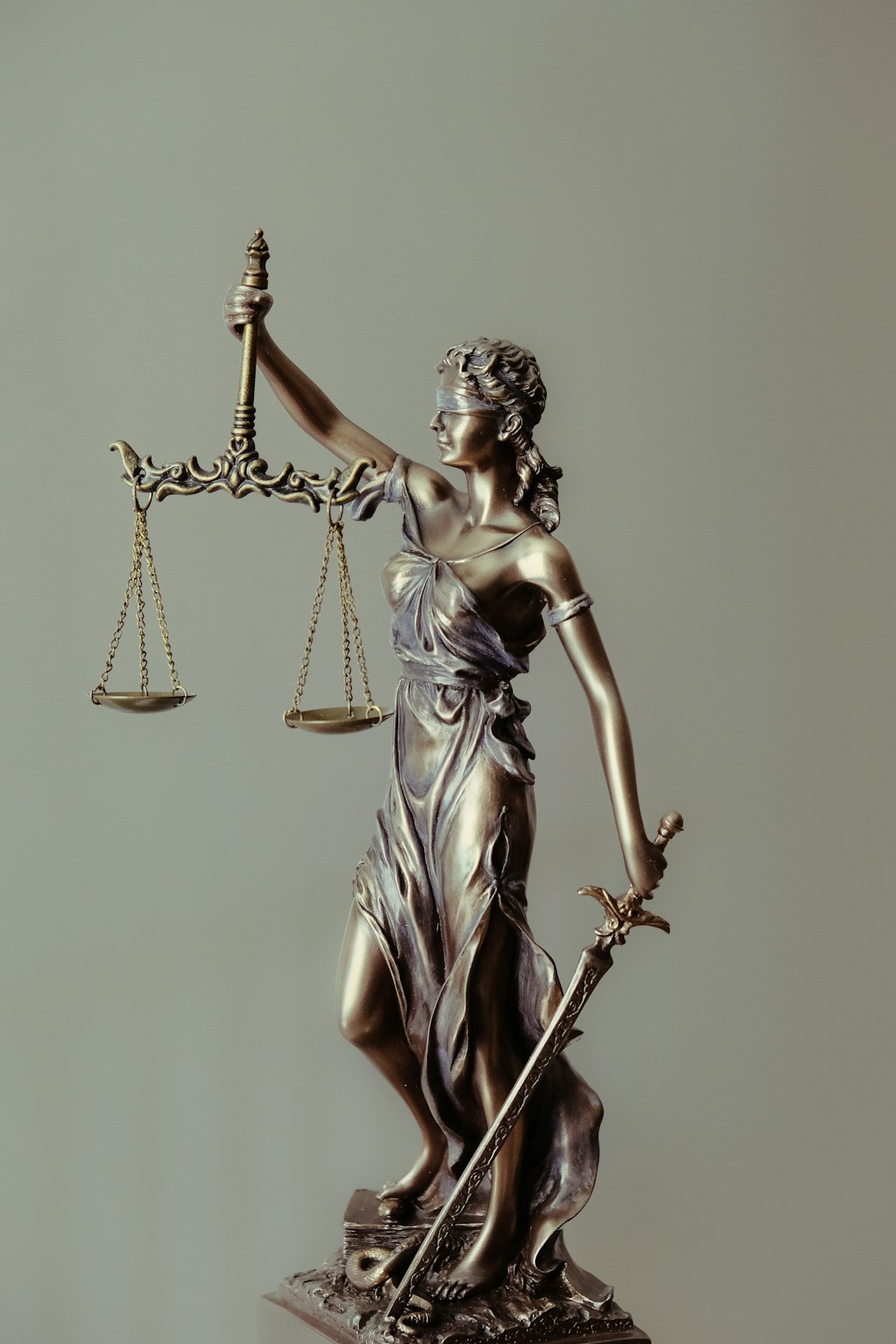
In Maryland, polygraph tests, also known as lie detector tests, play a unique role in legal proceedings, particularly in sexual assault cases. These tests are administered by qualified examiners to assess an individual’s truthfulness regarding specific allegations. The results can be compelling evidence, but their admissibility in court is subject to strict guidelines. Sexual assault lawyers in Maryland often navigate the complex issues surrounding polygraph tests, ensuring that their clients’ rights are protected while pursuing justice.
The accuracy and reliability of polygraph tests have been subjects of debate among legal professionals and experts. While some consider them valuable tools for gathering evidence, others question their validity. Maryland courts typically require a high standard of proof before admitting polygraph results, especially in sensitive cases like sexual assault. Sexual assault lawyers must be well-versed in the rules governing these tests to effectively represent their clients during trials.
The Science Behind Polygraph Examinations for Sexual Assault Cases
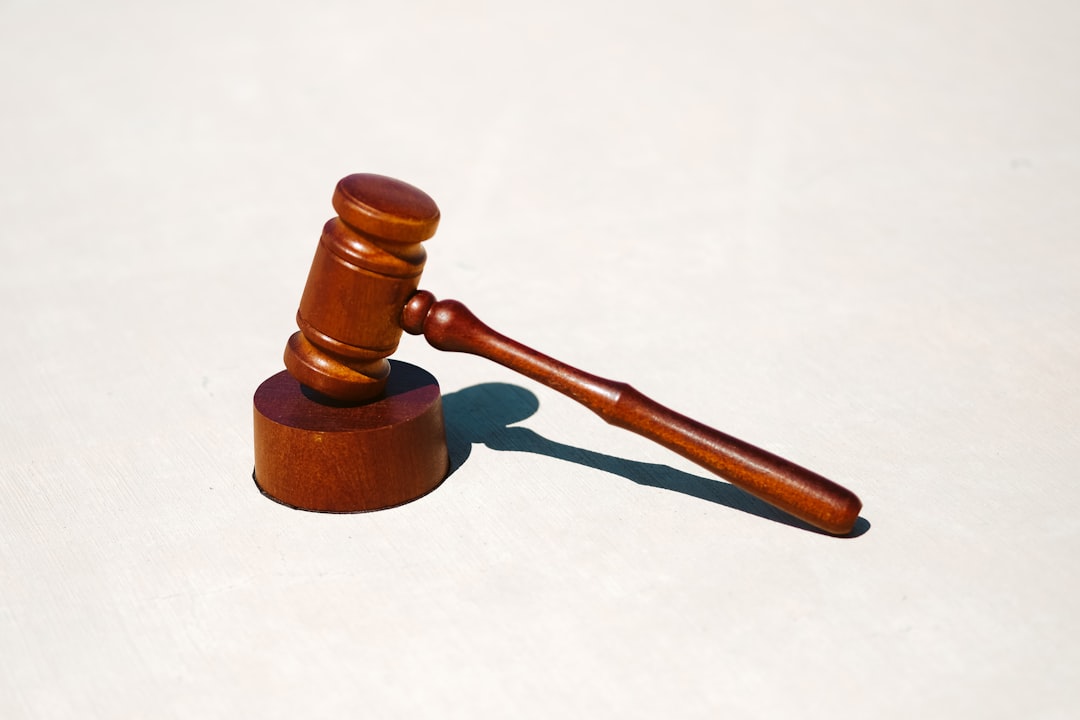
Polygraph examinations, also known as lie detector tests, have been used for decades in legal investigations, including sexual assault cases. The science behind this method involves a sophisticated combination of physiological responses. During a polygraph test, a qualified examiner asks a series of questions while monitoring the subject’s breathing, heart rate, and skin conductance. These biological indicators are believed to change when an individual provides false information or is being untruthful.
In sexual assault cases, polygraph tests can serve as valuable tools for both prosecution and defense teams. A skilled sexual assault lawyer in Maryland might employ these examinations to challenge or strengthen their client’s credibility. However, it’s crucial to remember that polygraph results are not infallible and should be interpreted by experts within the legal context. The accuracy of these tests depends on various factors, including the examiner’s skill, the specific questions asked, and the subject’s emotional state during the examination.
Rights of Accused and Victims During Polygraph Sessions

During polygraph sessions in Maryland, both accused individuals and victims have specific rights to ensure a fair and legal process. Accused persons are protected by their Fifth Amendment right against self-incrimination, which means they can choose to remain silent during the test. However, this decision can later be used as evidence if they decide to take the stand during their trial.
Victims of sexual assault also have rights in these situations. They should be informed about the nature of the test and its potential outcomes. Moreover, victims can request an advocate or support person to be present during the session for emotional support. It’s crucial that the process respects their privacy and ensures their safety, especially considering the sensitive nature of the case. Consulting with sexual assault lawyers in Maryland can provide guidance on navigating these rights and ensuring a just outcome.
Admissibility and Weight Given to Polygraph Results in Maryland Courts
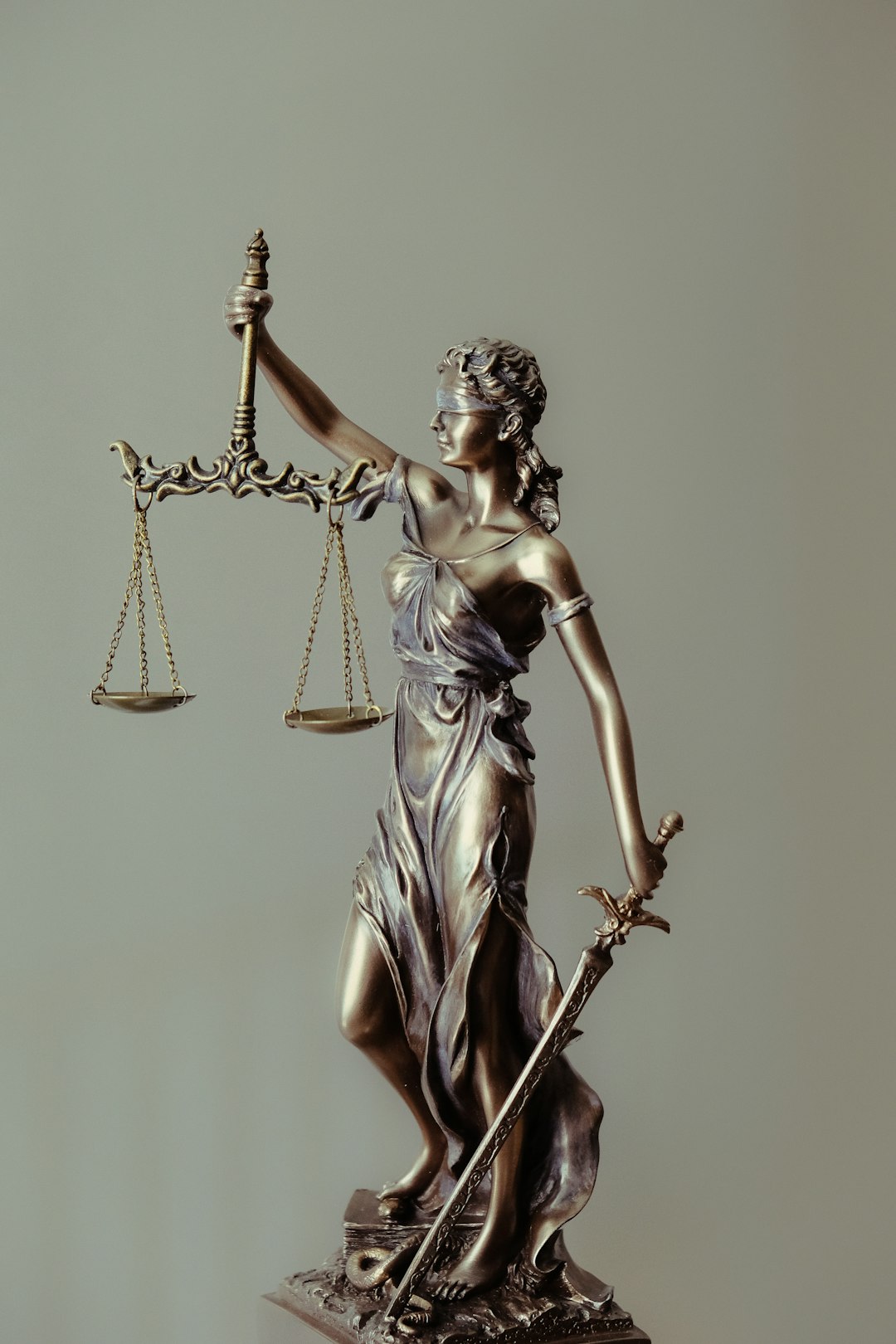
In Maryland, the admissibility of polygraph test results in sexual assault cases is subject to strict guidelines. While polygraphs are not considered direct evidence of guilt or innocence, courts may allow their use under certain circumstances. A qualified sexual assault lawyer in Maryland can play a pivotal role in navigating this complex issue, ensuring that any polygraph evidence presented is both relevant and admissible according to state laws and legal precedents.
The weight given to polygraph results varies among judges. Some may accept them as credible indicators of truthfulness or deception, while others remain skeptical due to potential biases and inaccuracies. Sexual assault lawyers often scrutinize the methodology used during the test, the qualifications of the examiner, and any potential psychological factors that could influence the subject’s performance. This strategic approach helps protect the rights of their clients and ensures a fair trial in cases involving sensitive issues like sexual assault.
When Are Polygraph Tests Required or Optional in Sexual Assault Lawsuits?
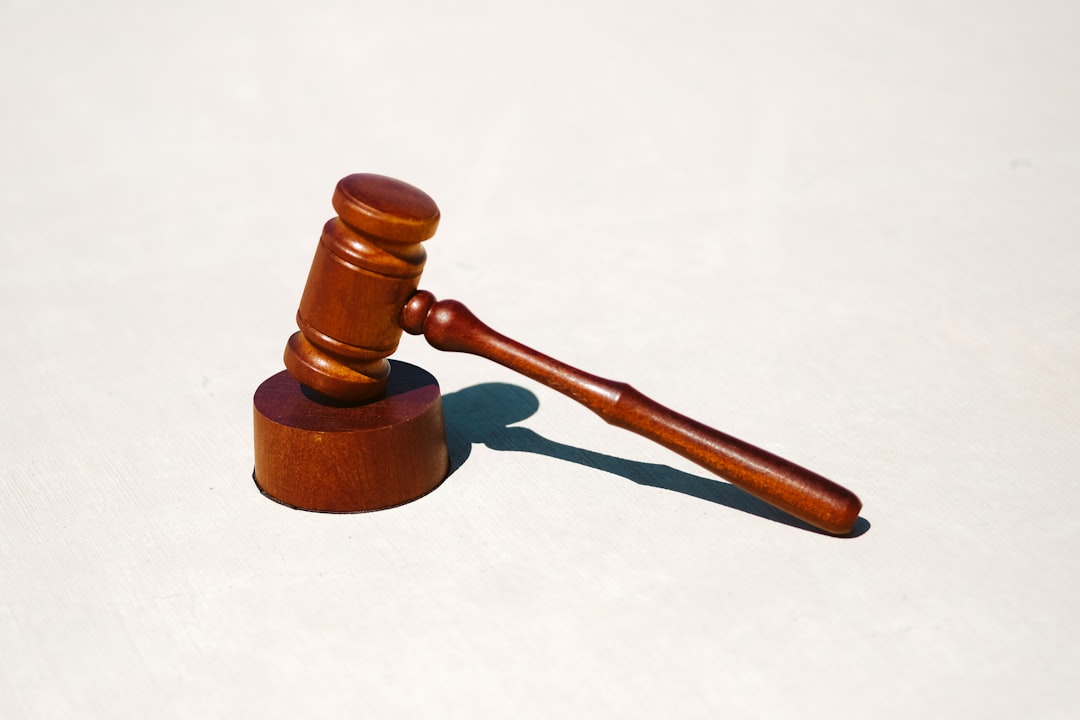
In Maryland, the use of polygraph tests, also known as lie detector tests, in sexual assault cases is a topic of legal interest and debate. Polygraph tests are often optional tools that sexual assault lawyers may employ to support their client’s innocence or guilt during trials. These tests measure physiological responses like heart rate and blood pressure, aiming to detect deception. However, their admissibility as evidence varies in different courts within the state.
In some cases, polygraph tests might be required if both parties agree to their use as part of a pre-trial agreement. Sexual assault lawyers in Maryland may recommend these tests to gather evidence or challenge the credibility of the accuser or suspect. However, due to concerns over potential inaccuracies and the invasive nature of the procedure, many courts restrict or exclude polygraph results from being used as definitive proof in sexual assault lawsuits.




